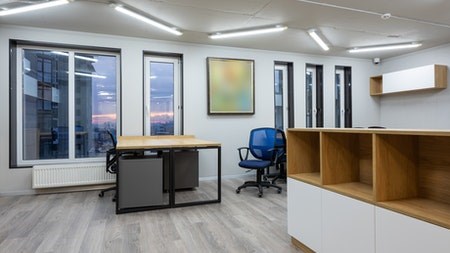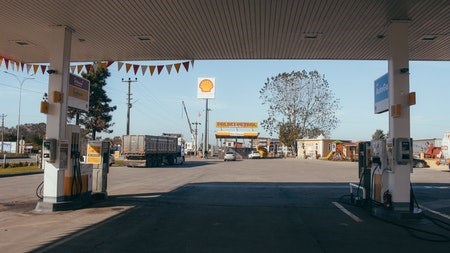Commercial property has always been considered a good investment because the asset’s value always increases over a long period – regardless of whether the market rises or falls or trends change.
In the past, most investors in commercial property were institutions such as insurance firms and listed companies. However, in the past few years, more private investors have seen opportunities for growing their property portfolios. As a result many have taken the plunge as sole buyers, while others have acquired commercial property in cooperative companies or groups.
Residential vs commercial
Investing in commercial property is not the same as buying a home or even a residential investment property. It is purely a business decision, and when considering any commercial property investment, there are several factors to take into account before committing.
The income risk tends to be lower in commercial property, and the leases are generally longer, helping to stabilise cash flow.
If you require financing, keep in mind that most banks will finance no more than 75% of a commercial property purchase price. This means you will need a deposit of at least 25% of the purchase price, which is substantially higher than required for a home loan.
Loan repayment periods are also significantly shorter than for home loans. Most banks require mortgages on commercial property to be fully paid up within five to seven years, compared to 20 to 30 years for home loans.
Return on investment
Over the long term, well-chosen commercial properties can provide higher returns than residential properties. The first step is to decide what type of property you want to own.
According to the FNB Commercial Property Broker Survey for the third quarter of 2021, industrial and warehouse property brokers reported the highest level of activity. The retail sector activity rating also strengthened for the fifth consecutive quarter, whereas offices had the lowest rating of the three major commercial property sectors.
Whichever category of commercial property you decide on, you need to carry out a stringent due diligence exercise to establish the property’s assets and evaluate its commercial potential.
Location
To ensure the success of your investment, it must suit the needs of the tenants you wish to attract.
Check with town planning to ensure there are no significant changes in store, such as proposed nearby developments, which may affect your purchase decision.
Be informed about overlay zones, which supersede usual zoning regulations. An overlay zone is a category of zoning that applies to land or a land unit in addition to the base zoning. It stipulates additional development parameters or use rights that may be more or less restrictive than the base zoning. It may also include provisions and development parameters relating to environmental protection.
Find out if there are any environmental concerns – such as extreme air pollution or the declaration of the area as a reserve for the protection of a particular creature or plant. Decide whether this could negatively affect your ability to let the premises.
Ask the following questions:
What are the traffic patterns in the area?
Is the property highly visible from the main highways in the area?
Is there sufficient passing foot traffic for future tenants, whose success may depend upon it?
Is the area safe for clients and employees travelling to and from the property?
Will tenants’ employees be able to access the premises easily?
Is there adequate public transport in the area for staff and clients?
Does the property provide sufficient parking?
If your tenants cause noise, pollution or traffic congestion, could that result in complaints from neighbouring businesses or properties?
Risk
Before investing in commercial property, you need to assess all possible risk factors.
In a building with just one tenant, you could experience several months with no rental income if the tenant fails to renew the contract at the end of the rental period. You would still have to service your bond as well as pay for rates and municipal services.
With multiple tenants in an assortment of businesses, you should be reasonably sure that only one or two units will become vacant simultaneously.
Ideally, you should set aside sufficient funds to cover occasional vacancies as well as maintenance.
Diversifying your investments will help you to weather most economic downturns.
Be patient
Although investing in commercial property may seem daunting to a novice, the obstacles are not insurmountable. With a reliable commercial property broker to guide you in your selection, the experience can be extremely rewarding.
Before investing, however, it is advisable to be patient and wait for the right property to be available.




